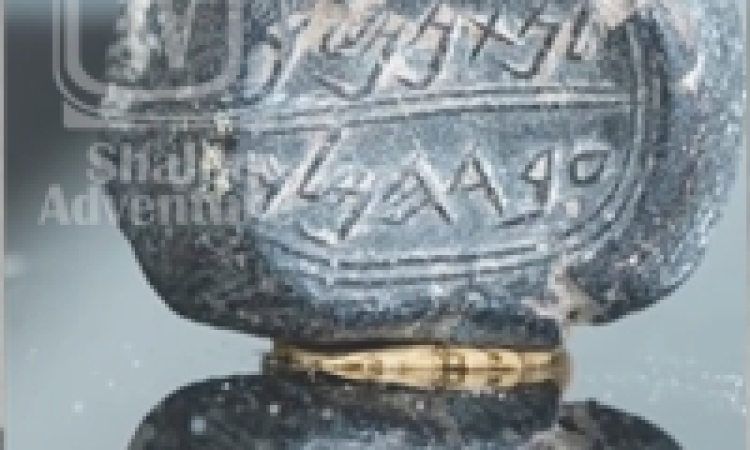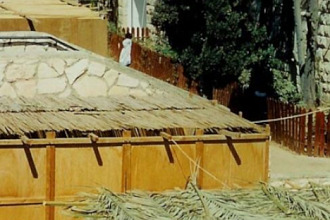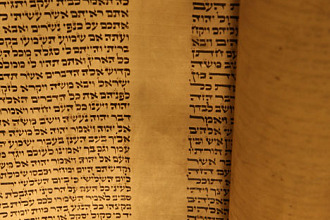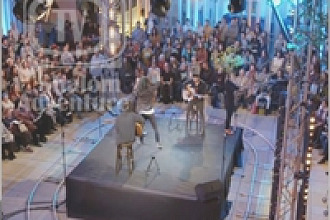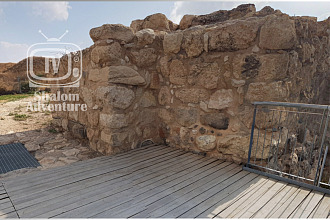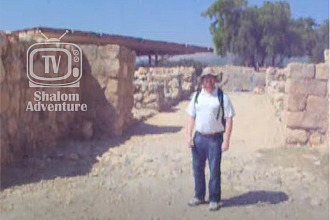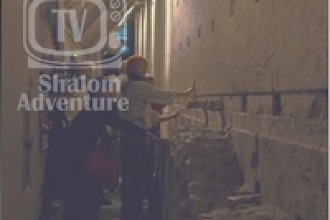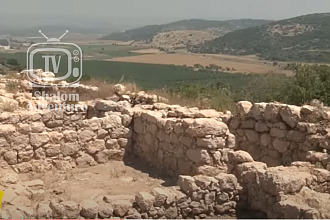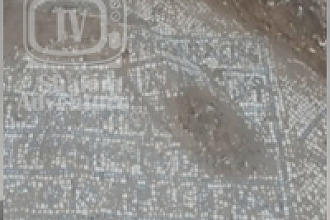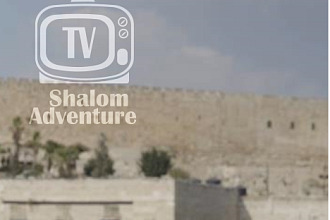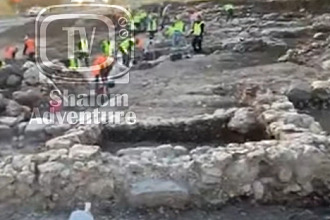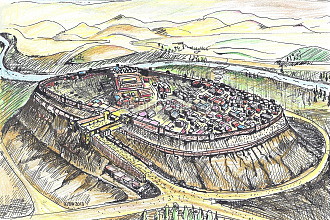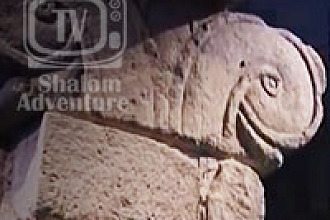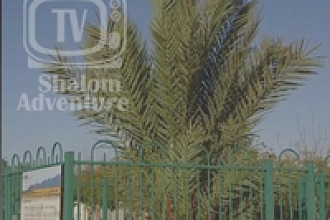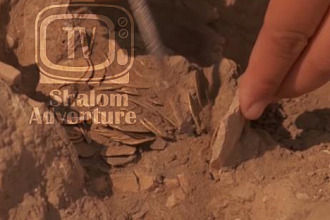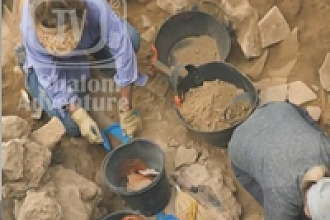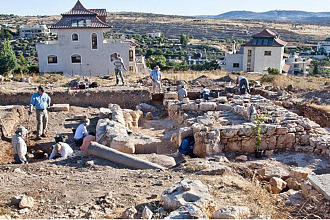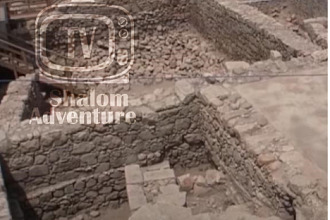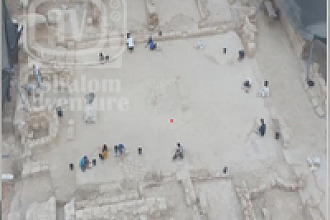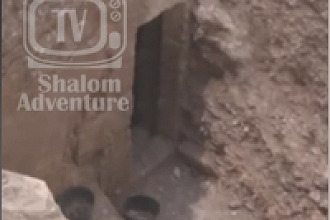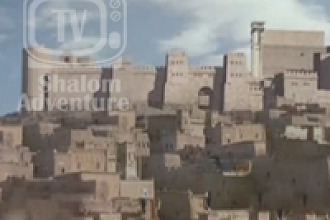Israeli archaeologists excavating the Givati Parking Lot in Jerusalem’s City of David National Park recently unearthed a rare First Temple-era clay seal (“bulla”) and a 2,600-year-old seal with a faint blue hue about one centimeter in diameter inscribed with the name “Ikar, Son of Matanyahu,” CBN News reported. Both of the artifacts were recovered from the remains building believed to be destroyed by the Babylonians set ablaze in the sixth century.
“The one million-dollar question is am I holding in my hand the bulla of the same Nathan-Melech that was mentioned in the Bible?” asked Dr. Anat Mendel-Geberovich of the Hebrew University of Jerusalem. “Well, I can never say that for certain but what I can say is that there is an overlap of three things: first the name Nathan-Melech which is rare. Second, the period we're talking about, the mid-7th century BCE - King Josiah - and third, the fact that we have the title. So Nathan-Melech was someone who was close to the King.”
“Although it is not possible to determine with complete certainty that the Nathan-Melech who is mentioned in the Bible was in fact the owner of the stamp, it is impossible to ignore some of the details that link them together,” Dr. Mendel-Geberovich continued.
A search of the name Nathan-Melch in scripture renders one result, found in in II Kings 23:10-11, inferring his identity to be that of a high ranking official in the court of King Josiah, a seventh-century King of Judah who renewed Israel’s covenant with God and like his great-grandfather Hezekiah, sought to purge many pagan idols from the land.
“Since many of the well-known bullae and stamps have not come from organized archaeological excavations but rather from the antiquities market, the discovery of these two artifacts in a clear archaeological context that can be dated is very exciting,” Professor Yuval Gadot of Tel Aviv University and Dr. Yiftah Shalev of the Israel Antiquities Authority said in a joint statement. “They join the bullae and stamps bearing names written in ancient Hebrew script, which were discovered in the various excavations that have been conducted in the City of David until today.”
“These artifacts attest to the highly developed system of administration in the Kingdom of Judah and add considerable information to our understanding of the economic status of Jerusalem and its administrative system during the First Temple period, as well as personal information about the king’s closest officials and administrators who lived and worked in the city.”
Written by Erin Parfet

